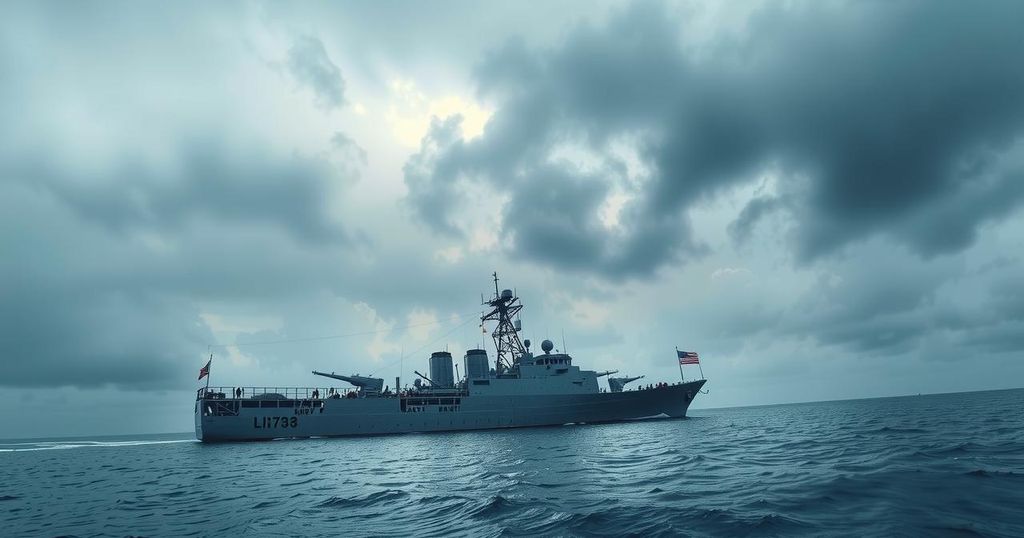UN Extends Authorization to Inspect Vessels Suspected of Violating Libya Arms Embargo

The UN Security Council has extended the authorization for inspections of vessels suspected of violating the Libya arms embargo with the passing of Resolution 2780 on May 30. The resolution permits inspections on the high seas and reflects concerns raised by Russia and China regarding the operations’ effectiveness. These measures respond to the political instability in Libya following Gaddafi’s fall in 2011.
The United Nations Security Council has moved to extend its authority for UN member states to inspect vessels suspected of violating the arms embargo against Libya. On May 30, the council adopted Resolution 2780, which grants an additional six-month extension for these inspections. This is particularly aimed at vessels on the high seas that are either heading to or departing from Libya when there are reasonable grounds to believe they are carrying arms or weapons supplies that contravene the embargo set by the Security Council, according to Xinhua news agency.
Resolution 2780 passed with 13 votes favoring it, while Russia and China chose to abstain. Notably, in their explanations concerning the vote, representatives from both countries raised concerns about the European Union’s military operation, IRINI, which is the primary framework for inspecting vessels under this authorization. They critiqued the effectiveness of the operation and expressed dissatisfaction regarding how seized materials are handled after interceptions.
The arms embargo on Libya was put in place in 2011 following significant unrest that culminated in the ousting of former leader Muammar Gaddafi. The UNSC’s Libya Sanctions Committee holds the authority to designate vessels under the sanctions regime, thereby restricting transactions connected to crude oil that may be illicitly exported from Libya. Furthermore, the committee oversees the bunkering services provided to these designated vessels.
This authorisation for vessel inspections originally received support back in June 2016 through Resolution 2292, which aimed to enforce the arms embargo imposed on Libya. As it stands, this ongoing effort reflects the international community’s commitment to addressing the complexities surrounding the control of arms in conflict regions like Libya, and underscores the challenges faced in implementing these sanctions effectively, amid differing opinions within the Security Council.
In summary, after extending the authorization for vessel inspections related to the Libya arms embargo, the UN Security Council seeks to reinforce measures against the illegal arms trade in the region. With Resolution 2780, a continued issue emerges regarding the effectiveness of operations like EU’s IRINI and whether they can effectively manage interception protocols and disposal of confiscated items. Ultimately, this resolution mirrors ongoing international efforts to maintain stability in Libya amidst longstanding political turmoil since 2011.
Original Source: www.socialnews.xyz






